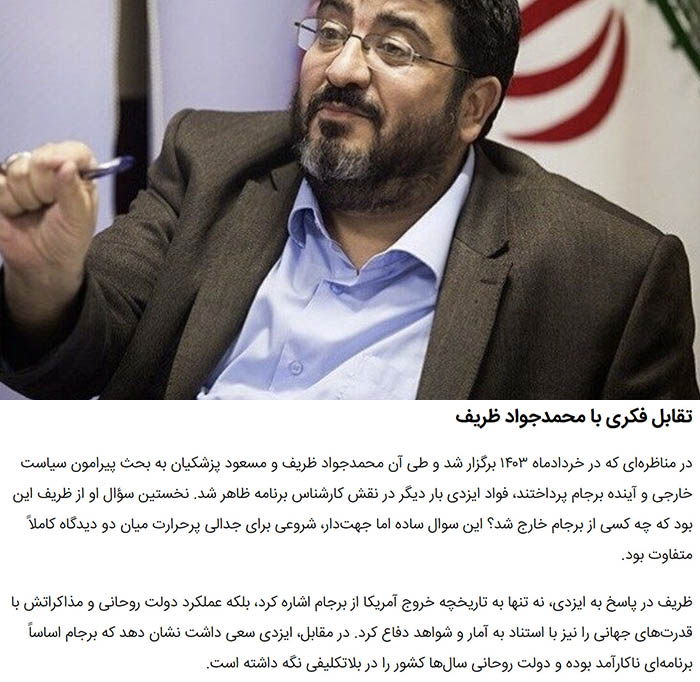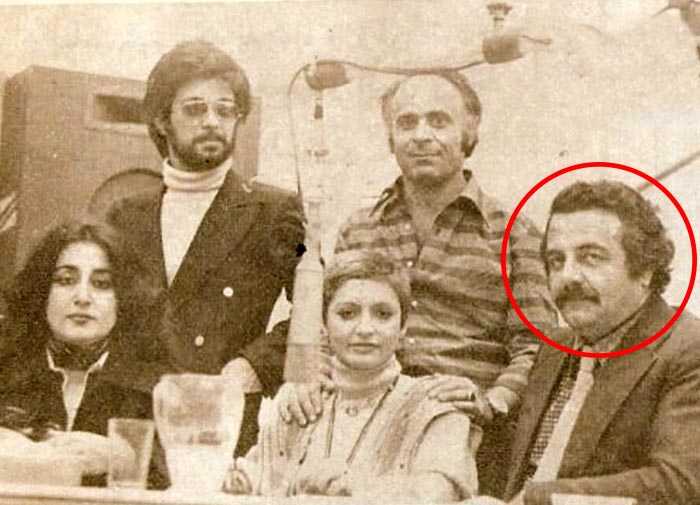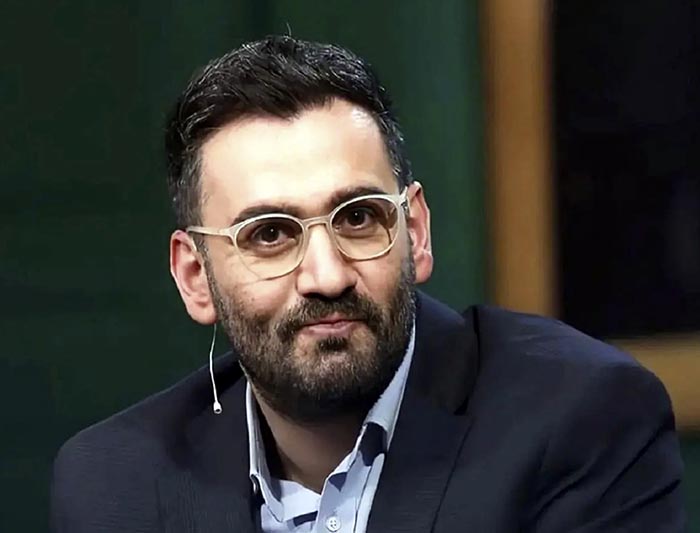Who is Fouad Izadi? Unpacking the Background and Controversies of the Broadcasting Corporation
The American Education Paradox: Shaping Views from Afar
Fouad Izadi’s extensive education in the United States is a central element of his biography and a point of considerable discussion. Earning degrees in Economics, Communications, and Mass Communication from reputable American universities suggests a deep engagement with Western academic thought and methodologies. This background theoretically equips him with the tools for critical analysis of media, public opinion, and international relations from a Western perspective.
However, his subsequent role as a staunch critic of the West on Iranian state media presents a fascinating paradox. How does an individual with such an immersive experience in American academia become a vocal opponent of its policies and cultural influence? Several factors could contribute to this:
- Critical Academic Tradition: American universities, particularly in fields like mass communication, often encourage critical analysis of media, power structures, and foreign policy. It is possible that Izadi’s academic training fostered a critical lens towards American actions and policies, which he then applied in his later analyses.
- Personal Experiences: His personal experiences during his time in the United States, while not explicitly detailed in the provided text, could have shaped his views. Negative experiences or observations could have contributed to a critical perspective.
- Ideological Shift or Reinforcement: Upon returning to Iran, Izadi may have undergone an ideological shift or found his existing views reinforced by the prevailing political climate and the discourse within the conservative establishment. His alignment with the fundamentalist movement suggests a strong ideological commitment.
- Strategic Positioning: It is also possible that adopting a strongly critical stance towards the West is a strategic positioning within the Iranian media landscape, aligning him with powerful factions and providing him with a prominent platform.
Regardless of the specific reasons, the contrast between his Western academic background and his anti-Western media persona is a key aspect of understanding Fouad Izadi. It raises questions about the influence of academic training versus ideological conviction and the ways in which individuals navigate these potentially conflicting forces.





